Filter by
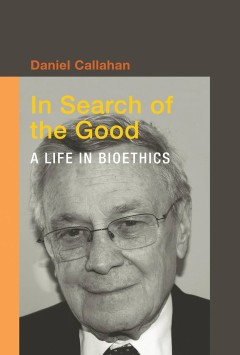
In Search of the Good: A Life in Bioethics
Includes index.One of the founding fathers of bioethics describes the development of the field and his thinking on some of the crucial issues of our time.OCLC-licensed vendor bibliographic record.
- Edition
- -
- ISBN/ISSN
- 0262305976
- Collation
- 1 online resource (xvii, 206 pages) :illustrations.
- Series Title
- -
- Call Number
- -
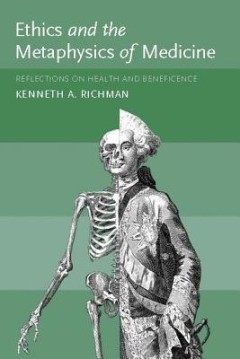
Ethics and the Metaphysics of Medicine: Reflections on Health and Beneficence
Explores the philosophical and practical ethical implications of a definition of health as a state that allows us to reach our goals.Definitions of health and disease are of more than theoretical interest. Understanding what it means to be healthy has implications for choices in medical treatment, for ethically sound informed consent, and for accurate assessment of policies or programs. This de…
- Edition
- -
- ISBN/ISSN
- 9780262282383
- Collation
- 1 online resource (x, 222 pages).
- Series Title
- -
- Call Number
- -

Ethics of the Body: Postconventional Challenges
The provocative contention of the postmodernist and feminist essays in Ethics of the Body is that conventional bioethics is out of touch, despite its growing profile. It is out of touch with an ongoing phenomenological sense of bodies themselves; with the impact of postmodernist theory as it problematizes the certainties of binary thinking; and with a postmodern culture in which bioscientific d…
- Edition
- -
- ISBN/ISSN
- 9780262283526
- Collation
- 1 online resource (vi, 288 pages).
- Series Title
- -
- Call Number
- -
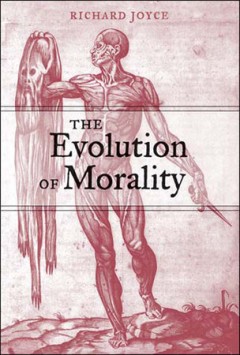
The Evolution of Morality
"A Bradford book."A consideration of whether the human capacity to make moral judgments is innate and, if so, what implications follow; combines philosophical discussion with the latest findings from the empirical sciences.OCLC-licensed vendor bibliographic record.
- Edition
- -
- ISBN/ISSN
- 9780262276535
- Collation
- 1 online resource (271 pages).
- Series Title
- -
- Call Number
- -
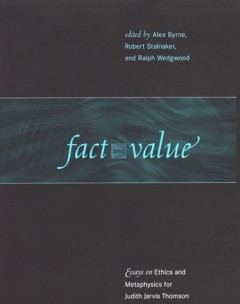
Fact and value :essays on ethics and metaphysics for Judith Jarvis Thomson
"A Bradford book."A diverse collection of essays, which reflect the breadth of Judith Jarvis Thomson's philosophical work.The diversity of topics discussed in this book reflects the breadth of Judith Jarvis Thomson's philosophical work. Throughout her long career at MIT, Thomson's straightforward approach and emphasis on problem-solving have shaped philosophy in significant ways. Some of the bo…
- Edition
- -
- ISBN/ISSN
- 9780262269612
- Collation
- 1 online resource (viii, 236 pages)
- Series Title
- -
- Call Number
- -
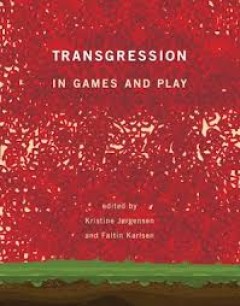
Transgression in games and play
Contributors from a range of disciplines explore boundary-crossing in videogames, examining both transgressive game content and transgressive player actions. Video gameplay can include transgressive play practices in which players act in ways meant to annoy, punish, or harass other players. Videogames themselves can include transgressive or upsetting content, including excessive violence. Such …
- Edition
- -
- ISBN/ISSN
- 0262348705
- Collation
- 1 online resource (vi, 318 pages)
- Series Title
- -
- Call Number
- -
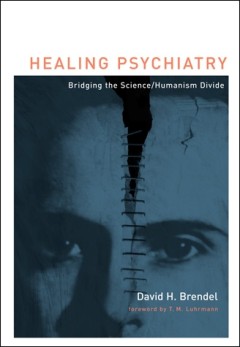
Healing psychiatry : bridging the science/humanism divide
A new patient-centered approach to psychiatry that aims to resolve the field's conceptual tension between science and humanism by drawing on classical American pragmatism and contemporary pragmatic bioethics. Psychiatry today is torn by opposing sensibilities. Is it primarily a science of brain functioning or primarily an art of understanding the human mind in its social and cultural context? C…
- Edition
- -
- ISBN/ISSN
- 9780262269247
- Collation
- 1 online resource (xxii, 178 pages).
- Series Title
- -
- Call Number
- 610 BRE h
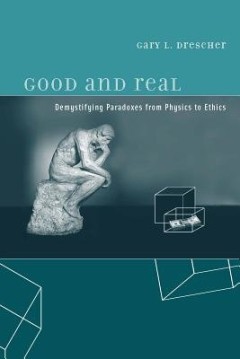
Good and real :demystifying paradoxes from physics to ethics
"A Bradford book."Examining a series of provocative paradoxes about consciousness, choice, ethics, and other topics, Good and Real tries to reconcile a purely mechanical view of the universe with key aspects of our subjective impressions of our own existence.OCLC-licensed vendor bibliographic record.
- Edition
- -
- ISBN/ISSN
- 9780262271943
- Collation
- 1 online resource (xiv, 347 pages) : illustrations
- Series Title
- -
- Call Number
- -
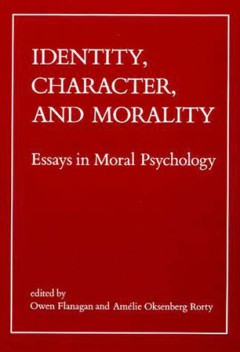
Identity, character, and morality : essays in moral psychology
"[Some essays] were first presented at the conference Character and Morality held at Radcliffe College in April 1988"--Acknowledgements."A Bradford book."Many philosophers believe that normative ethics is in principle independent of psychology. By contrast, the authors of these essays explore the interconnections between psychology and moral theory. They investigate the psychological constraint…
- Edition
- -
- ISBN/ISSN
- 0262272768
- Collation
- 1 online resource (vii, 487 pages)
- Series Title
- -
- Call Number
- 150 IDE
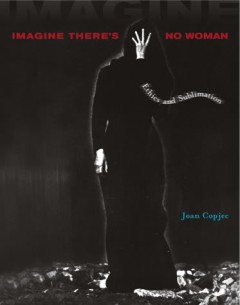
Imagine there's no woman : ethics and sublimation
A psychoanalytic and philosophical exploration of sublimation as a key term in Jacques Lacan's theories of ethics and feminine sexuality.Jacques Lacan claimed that his theory of feminine sexuality, including the infamous proposition, "the Woman does not exist," constituted a revision of his earlier work on "the ethics of psychoanalysis." In Imagine There's No Woman, Joan Copjec shows how Freud'…
- Edition
- -
- ISBN/ISSN
- 9780262270793
- Collation
- 1 online resource (viii , 261 pages) : illustrations
- Series Title
- -
- Call Number
- 100 COP i
 Computer Science, Information & General Works
Computer Science, Information & General Works  Philosophy & Psychology
Philosophy & Psychology  Religion
Religion  Social Sciences
Social Sciences  Language
Language  Pure Science
Pure Science  Applied Sciences
Applied Sciences  Art & Recreation
Art & Recreation  Literature
Literature  History & Geography
History & Geography